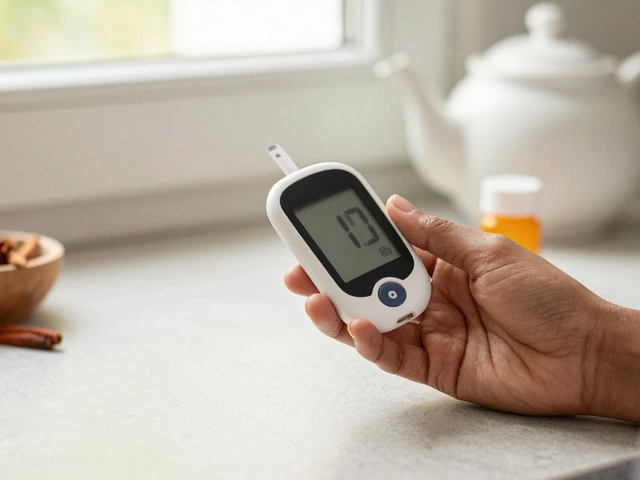Get the most from your orthopedic visit: What symptoms to share, must-ask questions, and smart tips for a smooth, useful appointment.
Read MoreOrthopedic Appointment: What to Expect and How to Prepare
Walking into an orthopedic clinic can feel a bit intimidating, especially if you’ve never been to a bone doctor before. The good news? A little prep makes the whole process smoother and helps you get answers faster. Below you’ll find practical steps you can take before, during, and after your visit so you leave feeling confident about your treatment plan.
Before the Visit: Gather Your Info
First thing on the list is paperwork. Pull together any recent X‑rays, MRI scans, or ultrasound images you have. If you’ve seen another doctor for the same issue, ask for a copy of their notes – it saves the orthopedic surgeon time and prevents you from repeating the same story.
Make a quick health snapshot: list of current medications (including over‑the‑counter painkillers and supplements), allergies, and any past surgeries. Even if a surgery happened years ago, the orthopedist may need that detail to decide on a new treatment.
Write down the exact spot of pain, when it started, and what makes it better or worse. “Sharp pain when I climb stairs” or “ dull ache after sitting for an hour” are much clearer than “my knee hurts”. Having a simple timeline helps the doctor pinpoint the cause.
During the Appointment: Questions to Ask
When you sit down with the orthopedic specialist, don’t hesitate to bring a notebook. Here are a few must‑ask questions:
- What is the exact diagnosis and why?
- Are there non‑surgical options that could work for me?
- If surgery is recommended, what are the risks, recovery time, and expected pain level?
- What can I do at home – exercises, diet changes, or supplements – to speed up healing?
- When should I schedule a follow‑up and what signs mean I need to call sooner?
Ask the doctor to explain any medical terms in plain language. If something sounds confusing, request a quick example or visual aid. It’s okay to ask the same question twice – understanding your plan is key.
Take note of any prescriptions or referrals you receive. If the doctor recommends a physiotherapist, ask for a name you trust or one that offers tele‑rehab sessions, which can be handy if you live far from a clinic.
After the Visit: Keep the Momentum
Once you’re out the door, review the notes you took. Set reminders for medication doses, physiotherapy appointments, and any home‑exercise routines. If the doctor gave you a list of lifestyle tweaks – like reducing inflammatory foods or adding calcium‑rich meals – start small. Swap one snack a day for a healthier option instead of overhauling your diet overnight.
Finally, keep a pain diary for the next few weeks. Jot down the level of discomfort each day, what you did, and any improvements. This record becomes a powerful tool for your next follow‑up, letting the orthopedic team see what’s working and adjust the plan if needed.
Booking an orthopedic appointment doesn’t have to be a mystery. By gathering your records, asking the right questions, and staying on top of post‑visit recommendations, you give yourself the best shot at a quick, pain‑free recovery. Need more tips on managing joint pain or choosing the right orthopedic surgeon in India? Explore our other articles and feel empowered to take charge of your bone health.





